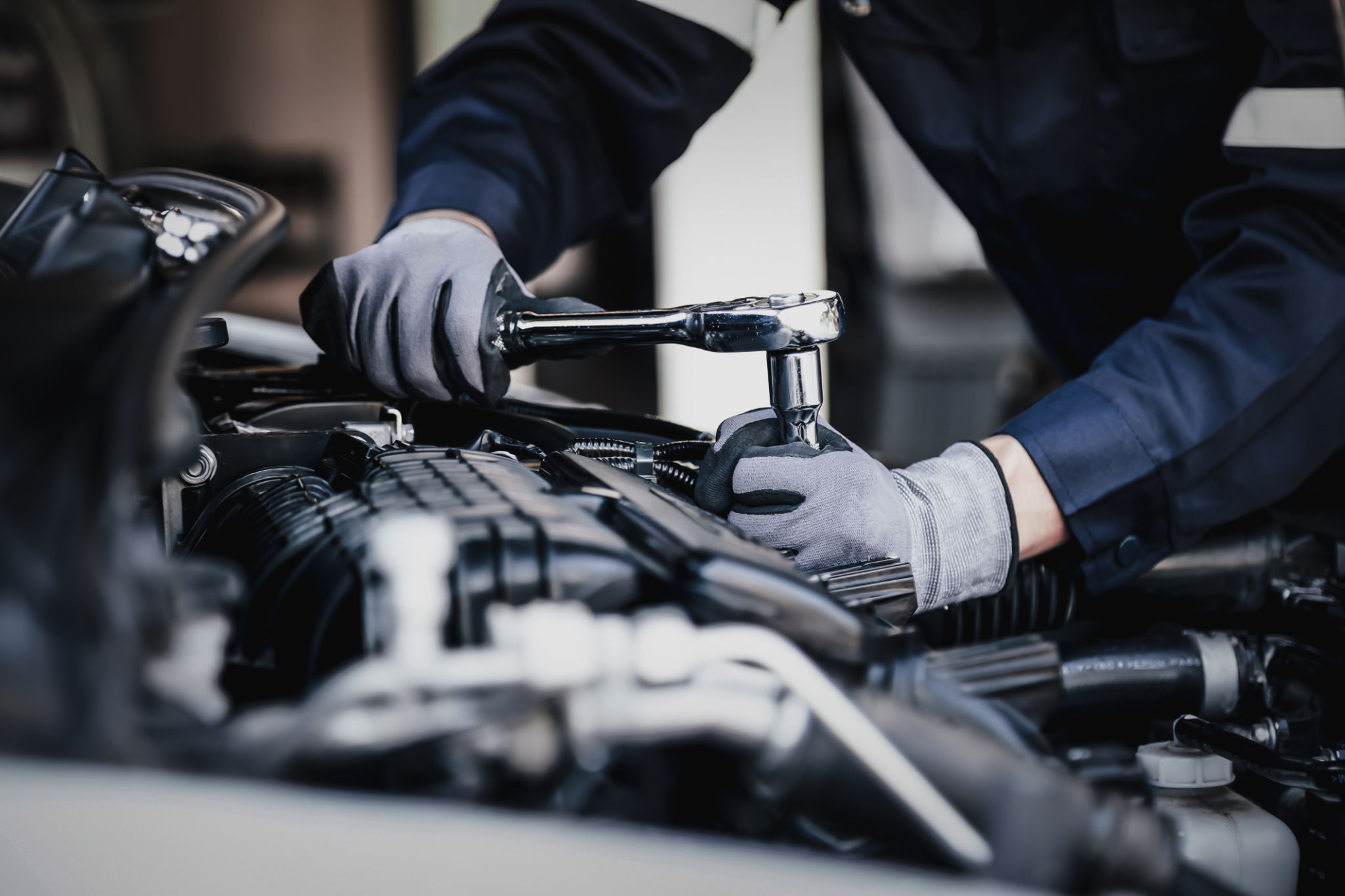Common Myths About Diesel Engines: Debunked
Introduction
Diesel engines have been around for over a century, powering everything from trucks to passenger cars. Despite their long history, there are many misconceptions surrounding these powerful engines. In this blog post, we will explore and debunk some of the most common myths about diesel engines.
Myth 1: Diesel Engines Are Dirty
One of the most pervasive myths about diesel engines is that they are inherently dirty and polluting. While it's true that older diesel engines produced more emissions, modern diesel technology has come a long way. Thanks to advancements such as diesel particulate filters and selective catalytic reduction, today's diesel engines are cleaner than ever. In fact, they often produce lower CO2 emissions compared to gasoline engines.

Emission Standards
New emission standards have pushed manufacturers to innovate, resulting in cleaner diesel engines. These improvements have significantly reduced nitrogen oxides (NOx) and particulate matter emissions, making modern diesel engines compliant with stringent environmental regulations.
Myth 2: Diesel Engines Are Noisy
Another common misconception is that diesel engines are loud and unpleasant to drive. While older models were indeed noisier, advancements in engine design and soundproofing have greatly reduced noise levels. Today, many diesel vehicles offer a quiet and smooth driving experience, comparable to their gasoline counterparts.

Technological Improvements
Manufacturers have employed various technologies such as better insulation and advanced injection systems to minimize noise. As a result, the sound levels of modern diesel engines have been significantly reduced, making them a comfortable choice for drivers and passengers alike.
Myth 3: Diesel Engines Are Expensive to Maintain
There is a belief that maintaining a diesel engine is more costly than maintaining a gasoline engine. However, this is not necessarily true. Diesel engines are built to be robust and durable, often lasting longer than gasoline engines. This longevity can translate into fewer major repairs over time.

Maintenance Tips
While regular maintenance is essential for any vehicle, following a proper maintenance schedule can help keep costs down for diesel engines. Routine tasks such as oil changes, fuel filter replacements, and air filter checks are crucial for optimal performance and longevity.
Myth 4: Diesel Fuel Is Harder to Find
Some people believe that diesel fuel is less accessible than gasoline, which can be a deterrent for potential buyers. However, diesel fuel is widely available at most gas stations around the world. Additionally, with the growing popularity of diesel vehicles, more stations are ensuring they stock this essential fuel type.
Fuel Efficiency
Diesel engines are known for their fuel efficiency, often delivering better mileage than gasoline engines. This efficiency can lead to fewer trips to the gas station overall, making diesel a convenient choice for long-distance drivers.
Conclusion
Diesel engines have evolved significantly over the years, making them a viable and efficient option for many drivers. By debunking these common myths, we hope to provide a clearer understanding of what modern diesel engines truly offer. As technology continues to advance, we can expect even more improvements in performance and environmental impact from diesel-powered vehicles.